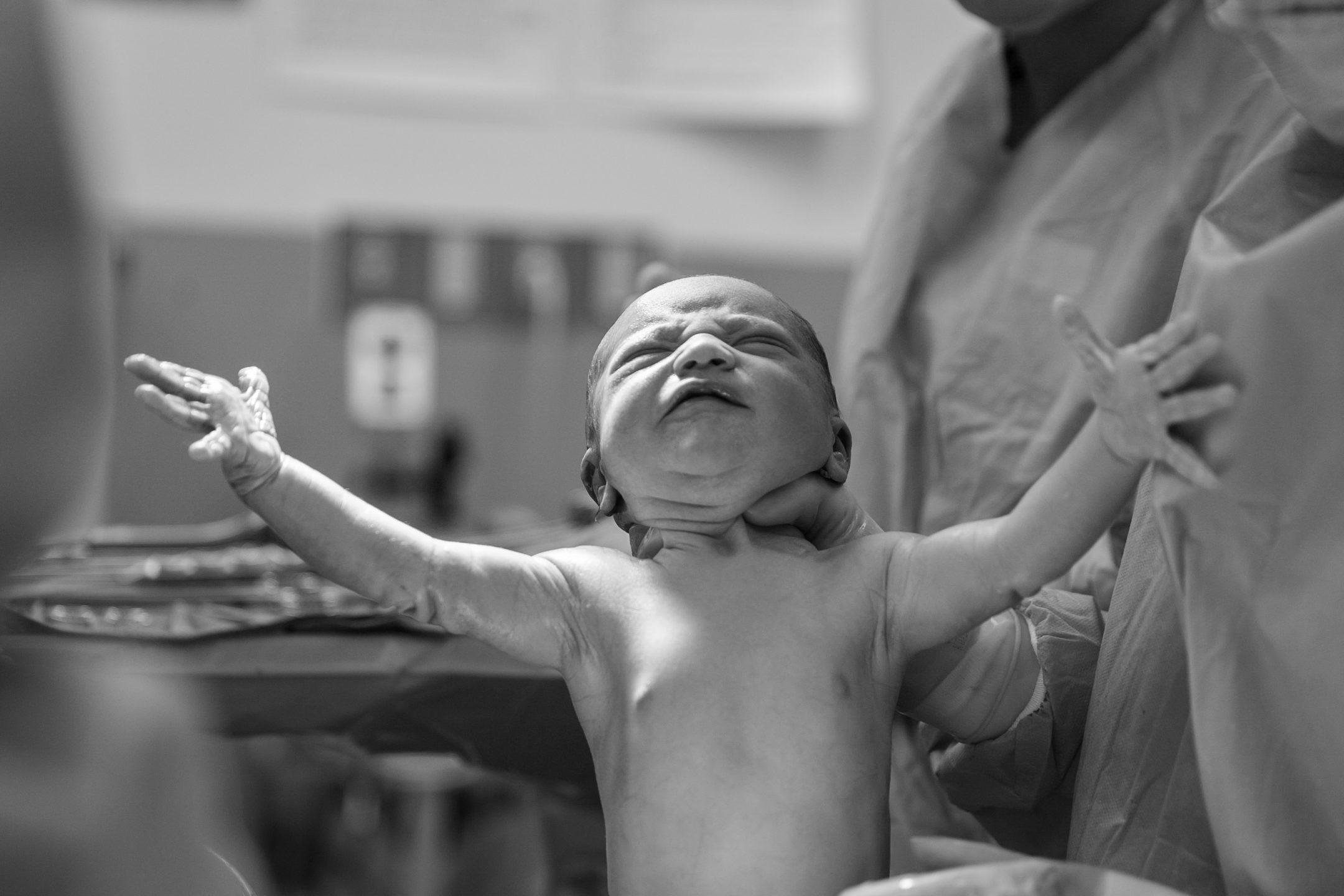The birth of a child is one of the most exciting times in a couple’s life. Most deliveries result in a beautiful baby, and tired, but delighted parents. However, there are times when this isn’t the result. When complications arise that put both the mother and the child at risk. If these complications are found to have been preventable, and either the mother or baby suffered injuries, it may be a case of medical malpractice.
Midwives are becoming a popular alternative for pregnant women. In Alberta, registered midwives deliver approximately 5.5% of the babies in the province. In Canada, midwives delivery 10.8% of the babies across the country.
Midwives are especially common for those choosing an at home birth. Utilizing a midwife may allow for a more personalized approach to the birthing process and help women to create an individualized birth plan. Midwives are trained to recognize any variations in the normal progression of labour and are trained to discern a high-risk situation. However, when they fail to do so, or their care falls below the accepted standard of practice in the medical community, the life of the mother and the child may be at risk.
WHAT IS A MIDWIFE?
A midwife is a medical professional who provides primary care to low risk patients and their newborns from birth through to 6 weeks postpartum. Midwives have a duty of care to provide proficient support, care and advice during pregnancy, labour and the post-partum period.
In Alberta, registered midwives have access to laboratories and diagnostic services, they are able to prescribe select medications, and they can consult and refer to other specialists when necessary. Patients of midwives are able to choose whether to deliver in a hospital, birth centre or at home.
Since 1998, midwifery has been a regulated profession in Alberta. The College of Midwives of Alberta is the regulatory body responsible for the registration and practice of more than 130 registered midwives in Alberta. In April of 2019, registered midwives in Alberta became one of the health professions to become a self-governing college under the Health Professions Act. The Midwives Profession Regulation defines the qualifications, practice and boundaries of the midwifery profession.
Beginning in April 1, 2019, midwives who completed additional training by the College of Midwives of Alberta, were granted enhanced privileges to prescribe, dispense and administer prescription drugs and to use ultrasounds to determine fetal position. They were also permitted to give patients anti-anxiety medications and narcotic painkillers while in hospital. In terms of post-partum care, midwives were granted the ability to prescribe and administer vaccines, prescribe contraceptives and contraceptive devices, and insert IUDs.
MIDWIFE NEGLIGENCE
Midwives in Canada are well trained and well prepared to manage low-risk pregnancies and deliveries. They are also qualified to recognize when there are symptoms or circumstances beyond their expertise requiring the need for medical doctors. Although it is rare, errors in treatment by medical professionals, including midwives, can lead to tragic consequences.
Some birth injuries caused by medical negligence by a midwife can result in:
- Cerebral palsy;
- Brachial plexus;
- Injuries to the mother;
- Brain injuries; or
- Fractured or broken bones.
MOTHER WINS LAWSUIT AGAINST MIDWIFE
In December 2011, Cabe Crossman (“Cabe”) was born at the Cowichan District Hospital on Vancouver Island under the supervision of a midwife and two nurses. During the delivery, the baby suffered severe brain injuries. These injuries caused both mental impairment and cerebral palsy, requiring Cabe to rely on extensive care for the remainder of his life.
Cabe’s mother, Sarah Corrin, sued the midwife (who cared for her prior to going to the hospital), the Vancouver Island Health Authority, and the two nurses who worked at the hospital. The lawsuit claimed that the care the mother and baby received from all parties was negligent. Corrin alleged that her labour and delivery were not properly monitored, assessed or responded to.
In August 2016, when the lawsuit finally made its way to court, the defendants admitted that they were liable, and a judge approved the settlement agreed upon between the parties. According to the agreement, the defendants were to pay $3 million, plus annual installments of $400,000 to assist with Cabe’s medical care. This is an unusual, but not “unprecedented” settlement agreement that was approved by the court. Cabe’s life expectancy was anticipated to be between 12 to 30 years, therefore the final award could be well over $10 million.
If you or a loved one have suffered injuries because of a negligent midwife or medical professional, it is essential to understand the legal options that may be available to you. The lawyers at Cuming & Gillespie LLP are well equipped to handle cases involving birth trauma and help you recover damages from the responsible parties. We can assemble a team of legal and medical experts to ensure that you put forth the strongest case and receive the compensation you are entitled to.
With over 20 years of experience, the award winning lawyers at Cuming & Gillespie LLP have handled many different types of medical malpractice claims, and have the experience and knowledge to evaluate your case and help you decide whether you should pursue a claim. Call us at 403-571-0555 or online today to book a free consultation.

